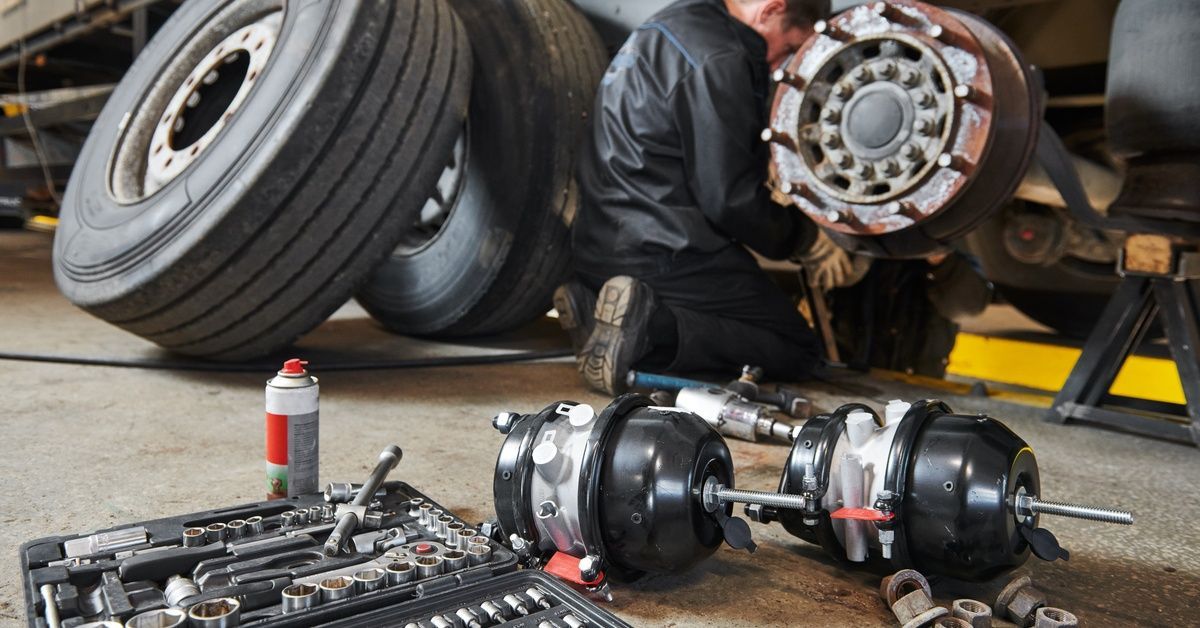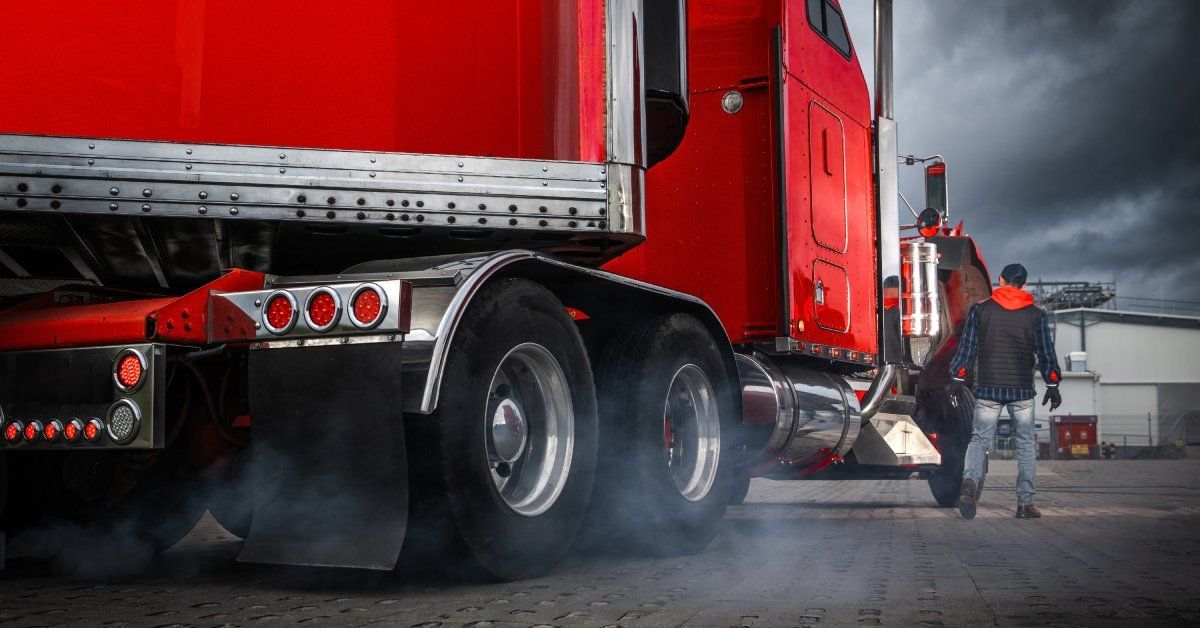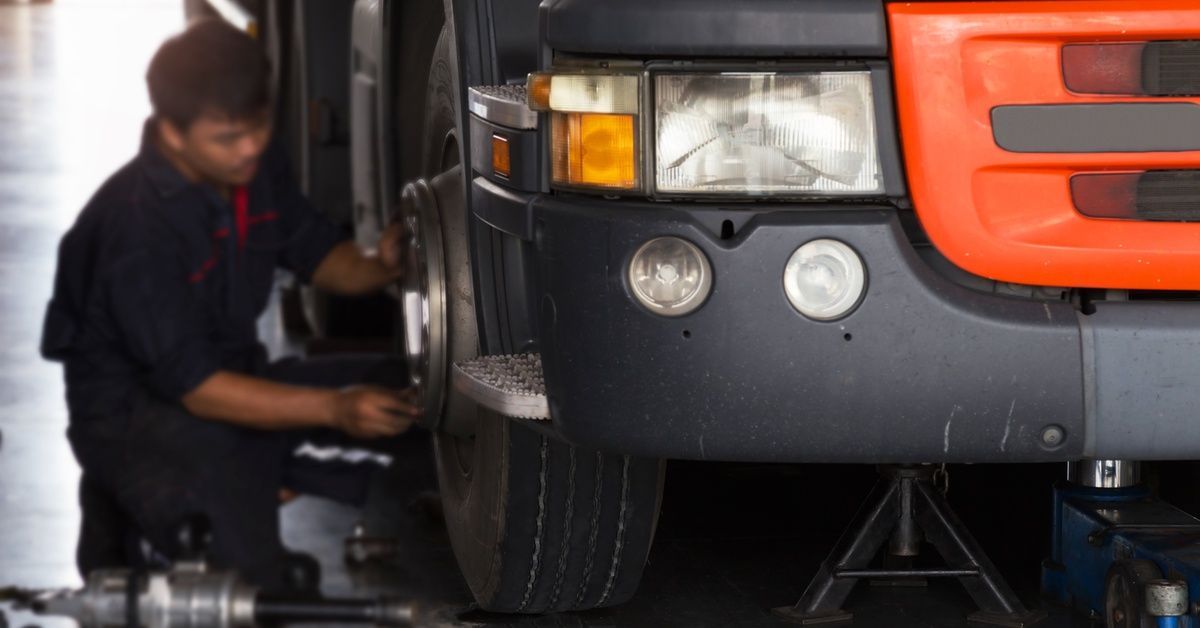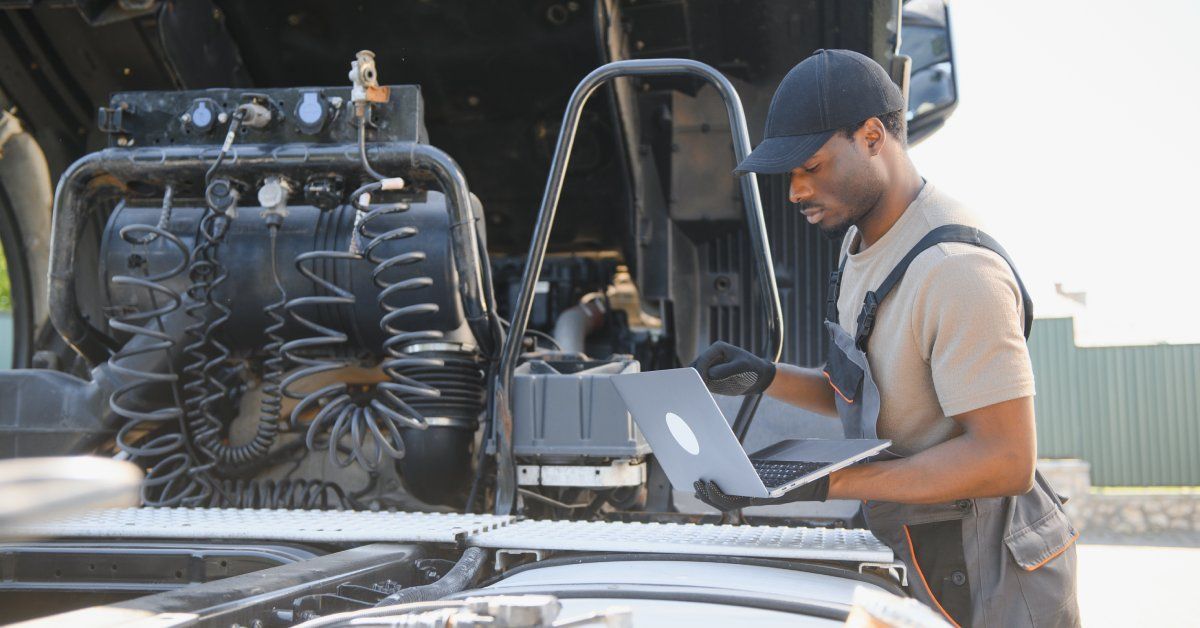Choosing the Right Repair Parts for Your Commercial Truck
Keeping your commercial truck in top shape is key to ensuring it performs well, stays safe, and lasts for miles to come. Whether you’re responsible for one vehicle or a full fleet, choosing the right repair parts can be a game-changer. But with so many options out there—from OEM to aftermarket parts—navigating the choices can quickly become overwhelming.
That’s where this guide comes in. We’ll help you cut through the clutter with straightforward advice on choosing the right repair parts for your commercial truck’s unique needs. The right decisions now can save you money, reduce downtime, and keep your trucks running like well-oiled machines.
Ensure Compatibility With Your Truck Model
One of the most important factors when choosing repair parts for your commercial truck is ensuring compatibility with your specific model. Trucks come in various makes and models, and you can’t always change them.
Check your vehicle’s manual or consult with your dealer or manufacturer to confirm the specifications of the parts you need. Using parts designed for a different model might lead to poor performance or even cause damage over time, so always double-check the fit and compatibility before making your purchase.
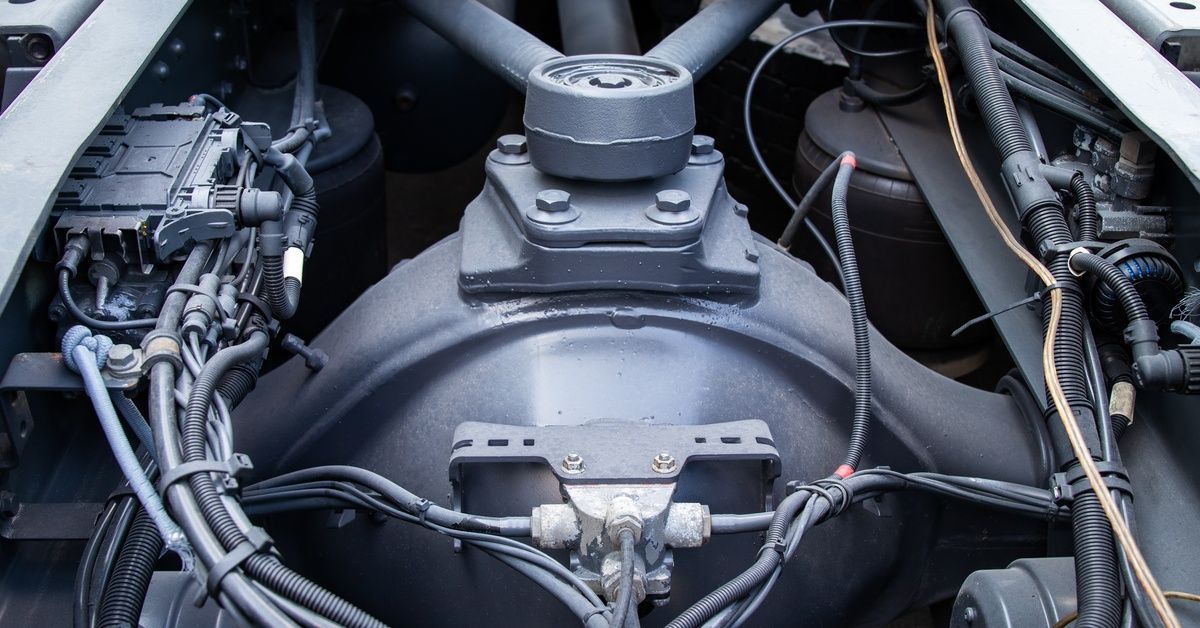
Prioritize High-Quality Materials
The quality of the materials used in the parts directly impacts their durability and performance. Investing in high-quality components can dramatically extend the lifespan of your truck and reduce the need for future repairs.
Look for parts that contain robust materials that can withstand tough operating conditions—such as high-strength steel and treated aluminum—especially if your trucks frequently encounter heavy loads or extreme weather. Lower-quality options may seem like a bargain initially, but they often wear out faster, leading to higher expenses down the road.
Opt for OEM or Certified Parts
Original equipment manufacturer (OEM) parts match the exact specifications of your truck, ensuring a perfect fit and optimal performance. Certified aftermarket parts from reputable brands can also be a reliable option if you’re looking for something more cost-effective.
Whichever route you choose, make sure the parts meet the required standards and have trusted certifications. These will guarantee that the components perform as expected and maintain the safety and reliability of your vehicle.
Inspect for Safety Standards
Safety should always be at the forefront of your decision when selecting truck parts. Components like brake pads, tires, and suspension systems play a critical role in preventing accidents and ensuring a smooth ride, so check if they meet safety standards.
Look for certifications or compliance with regulations such as DOT (Department of Transportation) approval, and avoid any products that don’t clearly display this information. Your drivers’ safety—and that of others on the road—depends on the integrity of these parts.
Evaluate the Supplier’s Reputation
Not all suppliers are the same, so take the time to research who you’re buying from. Look for vendors with a solid track record, positive customer reviews, and a reputation for high-quality products. Reliable suppliers often provide better warranties, clear information about the parts, and responsive customer service. Avoid the temptation to purchase from unknown or less-established sources, as this could lead to receiving counterfeit or subpar components.
Assess Cost vs. Value
While you want to save money, cheap parts often come at a cost to performance and durability. Instead of focusing solely on the initial price tag, consider the overall value of the part. Ask yourself how long it will last, how well it will perform, and whether it will prevent more costly repairs in the future. Spending a little more upfront on a reliable part can save you significant money and hassle in the long run.
Verify Warranty Coverage
A good warranty can provide peace of mind and protection for your investment. Always inquire about the warranty offered on any repair parts you’re considering and read the fine print to understand what it covers.
A strong warranty is often a sign that the manufacturer stands behind their product and can save you money if the part fails prematurely. Be cautious of parts that come with little to no warranty, as they may not perform as expected.
Consider Compatibility With Upgrades
If you have plans to upgrade your truck’s systems, such as adding a more powerful engine or incorporating advanced technology, choose repair parts that will work with those future upgrades. Certain parts may limit your ability to improve your vehicle down the line, so consult with a trusted mechanic or expert to ensure your choices leave room for flexibility.
Understand Your Truck’s Usage Needs
Commercial trucks often have different requirements based on how they’re used. A truck that frequently hauls heavy loads will have different wear and tear compared to one used for local deliveries. Consider the specific demands your truck faces when selecting parts.
For example, opting for heavy-duty tires or reinforced suspension components might make sense if your truck operates under high-stress conditions. Tailoring your choices to your truck’s unique needs ensures better performance and longevity.

Keep Maintenance Records Handy
Finally, maintaining an accurate record of your truck’s repair history is crucial. This helps you track which parts you’ve replaced, when you had them serviced, and if you need to address any ongoing issues.
Having these records handy can also help mechanics diagnose problems more efficiently and ensure you’re not replacing parts unnecessarily. Good documentation will ultimately save time, money, and effort in keeping your fleet in top condition.
Finding the perfect repair parts for your commercial truck is a lot easier than it seems at first glance. By knowing your truck’s unique requirements, comparing OEM and aftermarket options, and working with trusted suppliers, you can make choices that go beyond quick fixes.
The right parts don’t just solve issues—they unlock better performance, improve efficiency, and keep costly downtime at bay. If you’re ready to keep your fleet running strong and reliable, mile after mile, get your commercial truck parts from Trailer Tech.
With a commitment to quality and reliability, Trailer Tech ensures you have access to the parts you need when you need them. Whether it’s routine maintenance or urgent repairs, having dependable components is key to keeping your trucks on the road and your business moving forward.
Trust Trailer Tech as your partner in maintaining a well-functioning fleet so you can focus on driving success every step of the way.




